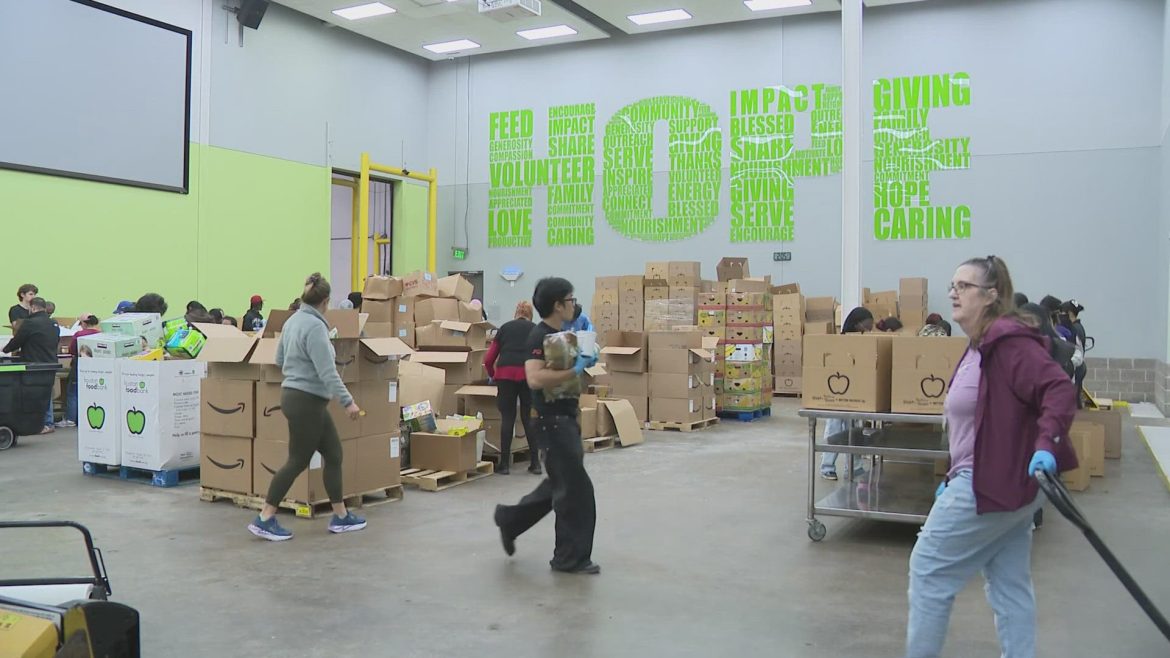A new survey from Rice University’s Kinder Institute Center for Community and Public Health reports that about two in five households in Houston and Harris County experienced food insecurity in early 2024, with strong connections to chronic health conditions, gaps in insurance coverage, and delays in medical care.
Researchers gathered responses from more than 5,200 residents in spring 2024. Households were classified as food insecure when respondents reported frequent difficulty affording or accessing enough nutritious food during the study period.
Survey results show that residents in food-insecure households more often reported poor overall health and higher rates of chronic diseases, including diabetes and hypertension.
Food-insecure households also reported higher uninsured rates and more frequent delays in seeking medical care, including postponing doctor visits, tests, or follow-up appointments due to cost.
Researchers found that many food-insecure households delayed or skipped medical care to cover expenses such as food, housing, utilities, and transportation.
Lower-income residents reported food insecurity at higher rates than residents with middle or higher incomes. Households identifying as Hispanic reported food insecurity more often than non-Hispanic households.
The study period occurred before additional financial strain later in the year, including reductions in Supplemental Nutrition Assistance Program benefits and temporary furloughs during a federal government shutdown. Harris County records indicate that more than 640,000 residents use SNAP.

